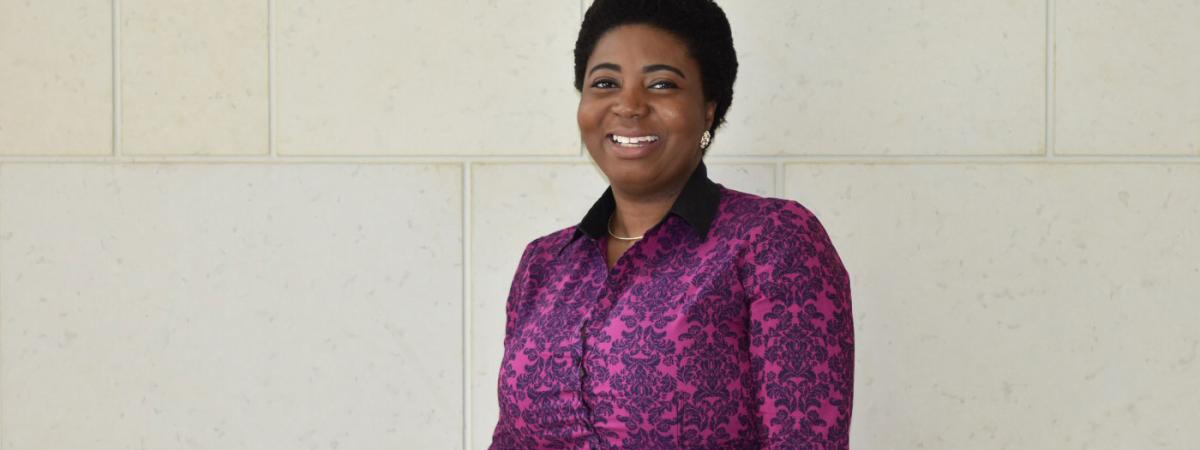When Oghenerukeme Asagba began interviewing applicants for a job at her family’s store in Nigeria, the then-high schooler became overwhelmed. But it wasn’t by the responsibility of selecting a potential employee; it was the realization that, despite having high school diplomas, many of them lacked the basic skills she took for granted.
Though Asagba, who now is a graduate student studying medical physiology at Case Western Reserve University, was aware she had been afforded privileges during her upbringing, this was a first-hand look at how people of low socioeconomic status in her country didn’t have the same opportunities. She wanted to do something to help others obtain a better education and break out of poverty.
That experience planted the seed for what would become Catering to Africans In Need (CAIN), a nonprofit organization geared toward providing children and teenagers in Africa with improved education and health care.
During her undergraduate years at Cornell University, Asagba knew the time had come to take action, so she and a few friends founded CAIN.
“The more you wait, you figure out many kids are already going through that cycle and sometimes it might be too late to help them salvage their education,” she said.
Initially, the organization began by providing children with school supplies. Asagba soon realized that that approach only addressed a small portion of the problem.
“The education many of these kids received already had a poor foundation,” she said. “Providing them books was only helping those who were really doing well in school.”
So Asagba now is aiming to launch an educational resource center in Lagos, Nigeria, that would not only provide students with books but also with education and skills to help them break out of the cycle of poverty, such as:
- Tutorial sessions in different academic subjects;
- A conducive studying atmosphere;
- Information technology training;
- Soft skills development, in areas such as public speaking and forming healthy relationships;
- Training in vocational subjects; and
- Reading clubs for the students.


